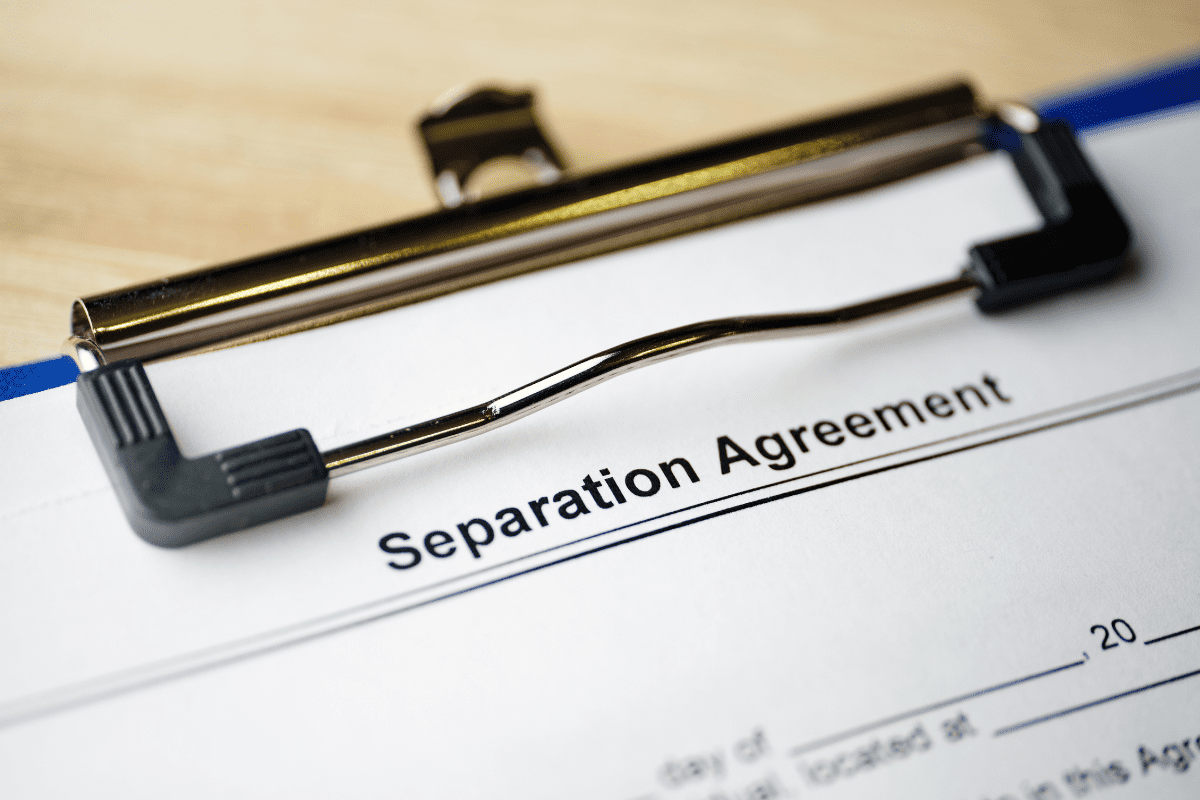If you want to end a marriage in Indiana, you might seek a fault or no-fault divorce. Under family law, “fault” divorces are submitted on the grounds of a partner’s misbehavior, while “no-fault” divorces are filed based on irretrievable differences.
A no-fault divorce implies either spouse has to confirm any marriage disharmony or misbehavior for a court to authorize completion of the marital relationship. Still, navigating this experience can be challenging, laden with legalese, intense feelings, and substantial life adjustments. A divorce lawyer will guarantee you understand your legal rights and obligations; however, it’s helpful to recognize some basics of a no-fault divorce” before starting.

Comprehending No-Fault Divorce
No-fault does not suggest that both parties are blameless or that only one party contributed to the disintegration of the marital relationship. It simply indicates that the couple does not have to develop or verify any legal premise for divorce. Scenarios such as:
- Adultery
- Fraud
- Abuse
- Abandonment
- Incarceration
Many divorces in Indiana are filed on the grounds of no-fault since it guarantees much simpler procedures. To secure a no-fault separation, you need to tell the court that you and your spouse expect are incompatible or have experienced an irretrievable failure of the relationship. You do not have to prove this breakdown, and your partner does not need to concur. Naturally, if they object to the divorce, it will make complex the procedures, yet you will certainly still be entitled to a no-fault divorce as long as you meet the minimum requirements. As an example, at least one celebration needs to have stayed in Indiana six months before filing,
Divorcing couples in the state can get a divorce if the union is irretrievably broken for many reasons. All of them are rooted in fundamental, irreconcilable differences, and the courts will certainly not need either side to send proof.
Considering Alternatives to Divorce
There are some different options for a formal divorce. The first is a legal separation, in which the couple agrees on the breakdown of the marital relationship yet wishes to continue to be married legally. A married couple might choose this choice if they are not sure they want to to get a total separation, or they intend to cease to be married for specific reasons, such as:
- Adultery
- Substance abuse
- Abandonment
- Institutionalization
- Incarceration
- Physical or emotional abuse
- Lack of physical intimacy
- Inability to maintain employment
A legal divorce entails hiring a divorce law firm and drawing up a contract in which they divide marital properties as well as financial obligations, prepare child custody and assistance, and agree upon alimony.

When is a Legal Separation Appropriate
In some cases, one partner might want a divorce. However, the other partner might not. If they have been separated legally for at least one year and have lived apart for that whole time, the spouse seeking the divorce can still wage the procedure.

An Annulment is an Option
An additional option is an annulment, which properly removes the lawful record of the marriage as if it never occurred. Unlike separation, this approach requires a factor for authorization. These can include the lack of mental capacity to grant the marital relationship, a union created under force or discomfort, wedding underage without parental approval, or wedding event a person is already married at the same time.
Need a No-Fault Divorce? Speak to a Divorce Attorney
Getting a no-fault divorce is done easiest with the assistance of a divorce attorney. An attorney can quickly answer any questions you may have about a legal separation, divorce, even how no-fault divorce law works in your state. Call a divorce lawyer at 844-919-4670.

